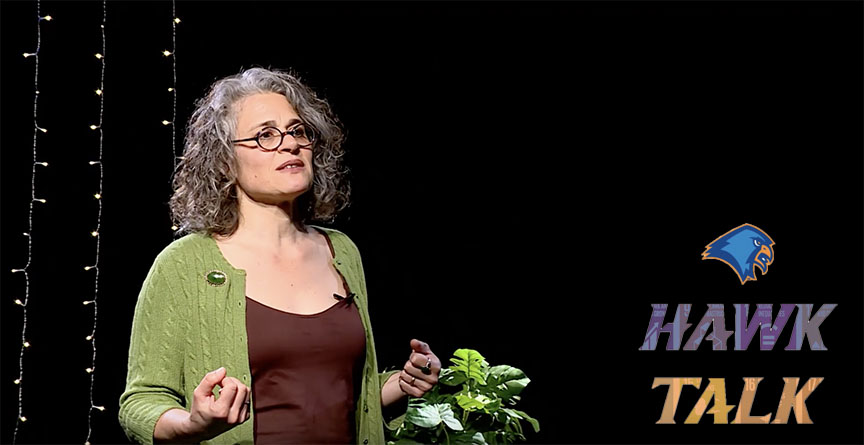By Melissa Carinha
Tiffany Claud, 22, is one of the hundreds of students who have to balance work, school and a social life. Just when Claud thought she had enough on her plate, she discovered her mother was diagnosed with stage one breast cancer.
Claud is interning at the SUNY New Paltz University Police Department, which requires her to complete eight hours a week. This is in addition to the 30 plus hours a week at work as a waitress at McGillicuddy’s Bar and Restaurant. Claud works to be able to afford her lifestyle and live off campus. The diagnosis arrived over the summer. School began, but her mind was back home.
It has been reported by The College of St. Scholastica that about 80% of college students are active in the labor market. The cost of living has increased leaving undergraduates with no other option but to work in order to financially support themselves. Even students who have parents that help with tuition still find themselves applying for financial aid and taking out loans.
SUNY New Paltz college policy limits students who work on campus to 29 hours a week. The school also offers working credits to help working students on campus, however, work study students can’t make more than $900/semester. In addition, these jobs are limited and not always ideal for a student who may need to work more hours. According to the College of St. Scholastica on average, 40% of undergraduates work at least 30 hours a week. This number is even higher for adult learners, who are often balancing a full-time job and a family, along with their academics.
The American Association of University Professors stated the typical response from faculty and administrators who are asked how many hours an undergraduate should work per week is 10 to 15 on campus. There are studies that show that students who work a modest amount of hours have higher retention rates. Claud was originally taking five classes, but the course load became too much, she now takes four instead. The senior stated that she has been very lucky to have understanding professors this semester, though that has not always been the case.
“I have been home twice since the first week of August,” said Claud. The college does not have a set of guidelines for professors to follow if tragedies are to happen to students. This often times leaves the fate of their grade and what they can do, up to whatever the professor feels is fair.
“I get off at 7:30 p.m. but I hope that they send me home early. There are other things I could be doing right now and I’m not making any money.”
Tiffany Claud
“My job is to be a human first and a professor second. Everyone deserves to be treated with kindness and compassion for their situations,” said Daniel Axelrod, a journalism adjunct professor at SUNY New Paltz. “I have to take into account that not everyone just has the time and resources to devote to school.”
The studies of retention rate only takes into account a working college student’s academic performance, not their mental health or well being. According to the American College Health Association (ACHA), the suicide rate among young adults ages 15-24 has tripled since the 1950’s. Undergraduates are often far away from home, family and friends and living with strangers. If a student is struggling to make new friends it can make them feel as if they lack a good support system.
The pressure to excel in school is tremendous. Many times, students must maintain a certain GPA for scholarships to be able to afford to attend the universities. With busy schedules that could involve disrupted sleeping, eating and exercise patterns, students may feel that they are in a very stressful atmosphere.
Adding a job to this hectic schedule may seem like something students would not want to do. However, some students have reported working as a stress relief. Lauren Diener, 21, SUNY New Paltz senior said, “It’s a break for my mind, not thinking about school. But school definitely 100% is the main trigger for me.”
Working while in school also teaches students independence and helps them learn how to have better time management skills. It can be a productive break from the constant worrying of grades, assignments and classes. This year was one of the hardest Claud has ever faced. Her mother has begun her first round of radiation, and Claud is expected to graduate on time and loan free.
